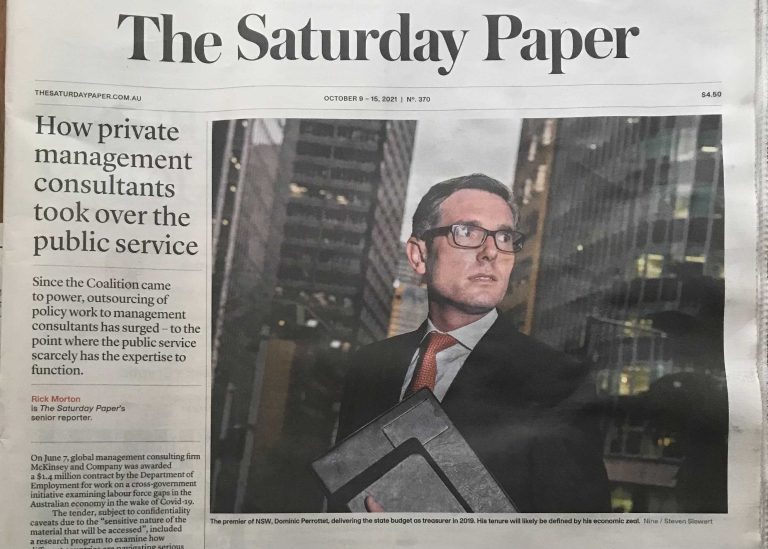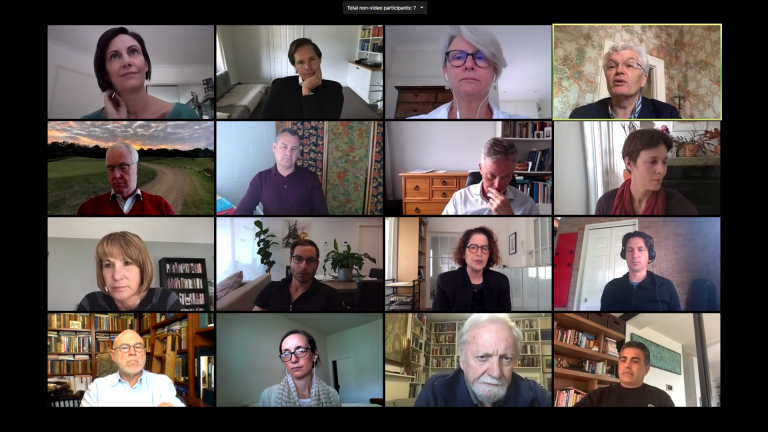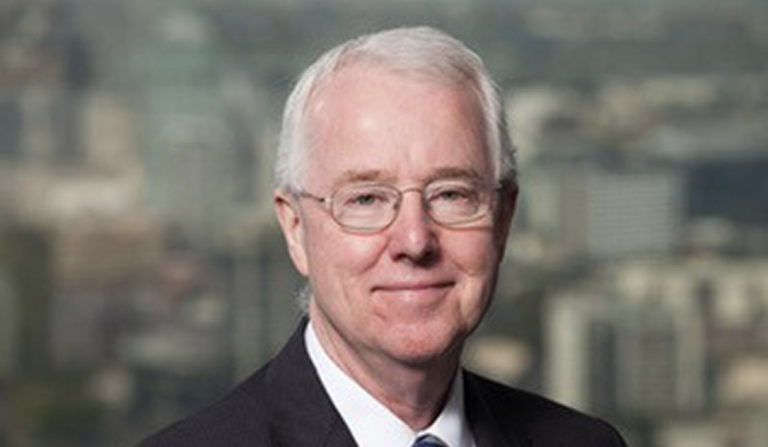Petrol prices and porn: why our political leaders need to do better
There are two seemingly disconnected yet closely related political debates that highlight both the quagmire of Australian politics and a lack of leadership in our country: the Bill Henson debate and the cost of petrol.
“Petrol prices and photos of children, how so?” I hear you ask. “It is elementary my dear”, as they say in the classics. They highlight how our political leaders are caught in trap of pandering to powerful interests, sound-bit politics and lacking the courage – or maybe even the ability – to articulate substantive arguments. Let me explain why and how they are related.
To begin with, both examples show a lack of political vision in our country. The truth is that that for some decades we have known that petrol is a finite resource. Simultaneously, a fundamental tenant of our economic system is that we must promote economic growth, which leads to increasing demand on resources. In other words, the increasing demand for petrol should come as no surprise and it takes no genius (I am talking to both Mr Rudd and Mr Nelson here) to recognise this demand combined with decreasing supply will put upward pressure on prices.
Visionary leadership would have seen a re-structuring of our economy at least a decade ago. However, both major political parties – on both state and federal levels – ignored this in favour politically expedient solutions such as more highways and a lack of planning that would give certain responsibilities back to developers.
The vision that is lacking around the Bill Henson debate is also obvious. From ancient times, the bodies of young people have been the fascination of artists. Think of all the paintings and statues around the world that depict young men and women naked – including children – from the birth of western civilisation until today.
The issue that needs to be discussed is whether these photographs are of a sexualised nature or are they celebrating the human form. Those familiar with Bill Henson’s work know that the answer is obviously the later. These photos should not be defended because they are ‘art’, but because they portray beauty in a non-sexualised form. Political vision would understand that we are on a slippery slope of censorship when we simply make a causal link between nudity and pornography – I mean, where do we stop?
The second link between these debates is a lack of political courage. We have wasted time and energy talking about five cents per litre. Furthermore, any move to reduce the excise will quickly be taken up by the market. Petrol, because of a lack of economic restructuring, remains a necessity for all of us and there is going to be no magic increase in supply. It is about time that someone has enough political courage to stand up and say, ‘more of the same will lead to more of the same.’ Perhaps it is even more than a lack of courage. It could be argued that the definition of madness is to do the same thing over and over again and expect a different result: it is nothing short of pathological.
The lack of political courage in the Henson debate is also obvious. The reaction provoked by linking someone or something to paedophilia is no different to accusing someone of being a witch in Salem or a communist in the 1950s. It is a hysteria that is simply not justified and does nothing to solve the issue of sexualization and commodification of young people. If politicians were really interested in the welfare of our children as they claim, how about funding a decent public education system or a decent healthcare system or supporting teachers and child protection workers with appropriate conditions and adequate compensation? What is more important in protecting the welfare of our children – removing 25 Bill Henson photos or neglecting our education system?
The third area where the two debates overlap is the emergence of powerful interests. One reason governments have lacked courage to confront the issue of our reliance on petrol is their allegiance to various political lobbies, including the petrol and car industries and mega corporations who enjoy the guarantee of income from building tollways that are undersigned by public private partnerships.
In the Henson case, the real issue that should be fueling public outrage is the commercialisation of children by (almost) every advertising firm and retailer across the country. Henson’s images are nothing in comparison to the sexualised images of young teenage girls in most clothing catalogues. Absence of clothes is not what promotes sexuality – more so the suggestive poses that the models are styled into. There is nothing provocative about the way that Bill Henson’s models stand; the same cannot be said for the teenage girls in catalogues. If the politicians interested in protecting children were serious, they would confront the powerful interests in the advertising and retail sector.
The final area worth mentioning that is common in these debates is the continued dominance of ‘sound bite’ politics over statements of substance. Petrol prices and the commodification of children are complex issues that require a substantive discussion of the shape of our culture. However, instead of robust debate, we have only seen politicians vying for the cutest and most memorable sound bite. As soon as the next scandal hits the newspapers, these sound bites will be replaced, with no one remembering who said what or why.
I was reminded recently of former health minister, Neill Blewitt, who made public statements when the HIV/AIDS endemic began to hit Sydney. Dr Blewitt was confronted with a torrent of homophobic hysteria as the disease was linked (at first) solely with homosexual men. HIV/ AIDS was seen as being the revenge of an angry god and therefore resources should be put into protecting the community – not assisting the underbelly of city. Despite this torrent of abuse and hate, Dr Blewitt risked political suicide by standing by his principles, refusing to be cornered by the all too familiar sound bite that dominates today. We can only speculate on the disaster that would have followed if he had not had the courage and vision to confront the powerful interests against him well his thought-out comments.
So where does this leave us? When those charged with leading our nation have less of an ability than Homer Simpson to articulate responses to complex challenges we confront, our democracy is in real trouble. Our politicians need to confront both headlines and sound bites, or risk ending up as nothing more than a bad pop band from the 1980s – all drum machine and no substance.



